In today’s fast-paced world, multitasking is often seen as a badge of honor. Juggling multiple tasks at once can make you feel efficient, even indispensable. But here’s the truth: multitasking doesn’t work. It’s a myth that could be sabotaging your productivity and keeping you from reaching your true potential. If you’re tired of feeling stretched thin and want to achieve more in less time, it’s time to embrace the art of single-tasking.
The Myth of Multitasking
Multitasking has long been glorified as the ultimate skill for modern professionals. On the surface, it seems like a superpower – answering emails while attending meetings, cooking dinner while catching up on phone calls. But the reality is, multitasking is an illusion.
When you attempt to juggle multiple tasks, your brain doesn’t actually do them simultaneously. Instead, it switches rapidly between tasks, creating a cognitive bottleneck. This constant switching isn’t just inefficient; it’s mentally exhausting.
The Science Behind Focus and Productivity
Your brain is designed to focus on one thing at a time. Studies show that multitasking reduces efficiency and lowers the quality of work. Every time you switch tasks, your brain must refocus, and this “context switching” can take anywhere from a few seconds to several minutes. Over the course of a day, these small interruptions add up, wasting valuable time and energy.
Cognitive overload also plays a significant role. When your brain is forced to process too much information at once, it becomes overwhelmed, leading to mistakes, forgetfulness, and decreased creativity.
The Downsides of Multitasking in Daily Life
Multitasking doesn’t just hurt your productivity; it impacts your well-being. Constantly jumping from one task to another increases stress levels and makes it harder to feel accomplished. You might end the day with a long to-do list and little to show for your efforts.
Multitasking also takes a toll on your long-term goals. When your focus is fragmented, it’s challenging to give meaningful attention to the tasks that truly matter. Over time, this can stall your progress and leave you feeling unfulfilled.
The Power of Single Tasking
Single-tasking, or focusing on one task at a time, is the antidote to the chaos of multitasking. When you give your full attention to a single task, you work more efficiently and produce higher-quality results. It’s not just about getting more done; it’s about doing the right things well.
Consider successful professionals and creatives – they prioritize deep work and avoid unnecessary distractions. Whether it’s writing a novel, designing a product, or solving complex problems, focus is the key to their success.

How to Transition Away from Multitasking
The first step to breaking free from multitasking is awareness. Pay attention to how often you switch tasks during the day. Are you checking your phone while writing a report? Responding to emails mid-conversation?
Once you’ve identified your multitasking habits, take proactive steps to set boundaries. Turn off unnecessary notifications, create a clutter-free workspace, and communicate your need for focused time to colleagues and family members.
Practical Strategies for Single Tasking
· Create a Focused Work Environment: Minimize distractions by organizing your workspace and setting specific work hours. A tidy desk and a quiet room can do wonders for your concentration.
· Use Time-Blocking: Divide your day into blocks of time dedicated to specific tasks. This not only helps you prioritize but also ensures that each task gets your undivided attention.
· Take Intentional Breaks: Breaks are essential for maintaining focus. Step away from your work to recharge, whether it’s a short walk, deep breathing, or a quick stretch session.
Long-Term Benefits of Single Tasking
The rewards of single-tasking go beyond improved productivity. When you focus on one task at a time, you deliver better results, build stronger habits, and experience a deeper sense of accomplishment.
Single-tasking also reduces stress and promotes mental clarity. With fewer distractions and a clear sense of direction, you’ll feel more in control of your time and energy. Over time, this focused approach can lead to greater success in both your personal and professional life.

Conclusion
In a world filled with distractions, the ability to focus is a superpower. By letting go of multitasking and embracing single-tasking, you can unlock your productivity potential and achieve your goals with greater ease.
Start small. Pick one task today and give it your full attention. You might be surprised by how much you can accomplish when you simply stop multitasking.
Frequently Asked Questions
1. Why is multitasking bad for productivity?
Multitasking reduces productivity because your brain isn’t designed to handle multiple tasks at once. Instead, it switches between tasks, leading to cognitive overload, decreased efficiency, and more mistakes. By focusing on one task at a time, you work smarter, not harder.
2. What are the benefits of single-tasking?
Single-tasking improves work quality, reduces stress, and enhances mental clarity. It allows you to prioritize important tasks, achieve goals faster, and feel more accomplished at the end of the day.
3. How can I stop multitasking and focus on one task?
To stop multitasking, start by minimizing distractions. Turn off unnecessary notifications, use time-blocking to structure your day, and create a workspace free from clutter. Practice mindfulness and take breaks to maintain your focus throughout the day.
4. Does multitasking affect mental health?
Yes, multitasking can negatively impact mental health. Constant switching between tasks increases stress levels, creates mental fatigue, and makes it harder to concentrate. Over time, this can lead to burnout and reduced overall well-being.
5. What are some effective strategies to improve focus?
To improve focus, try techniques like time-blocking, the Pomodoro method, and deep work sessions. Ensure your environment is distraction-free, prioritize tasks with clear goals, and incorporate regular breaks to recharge your mind.


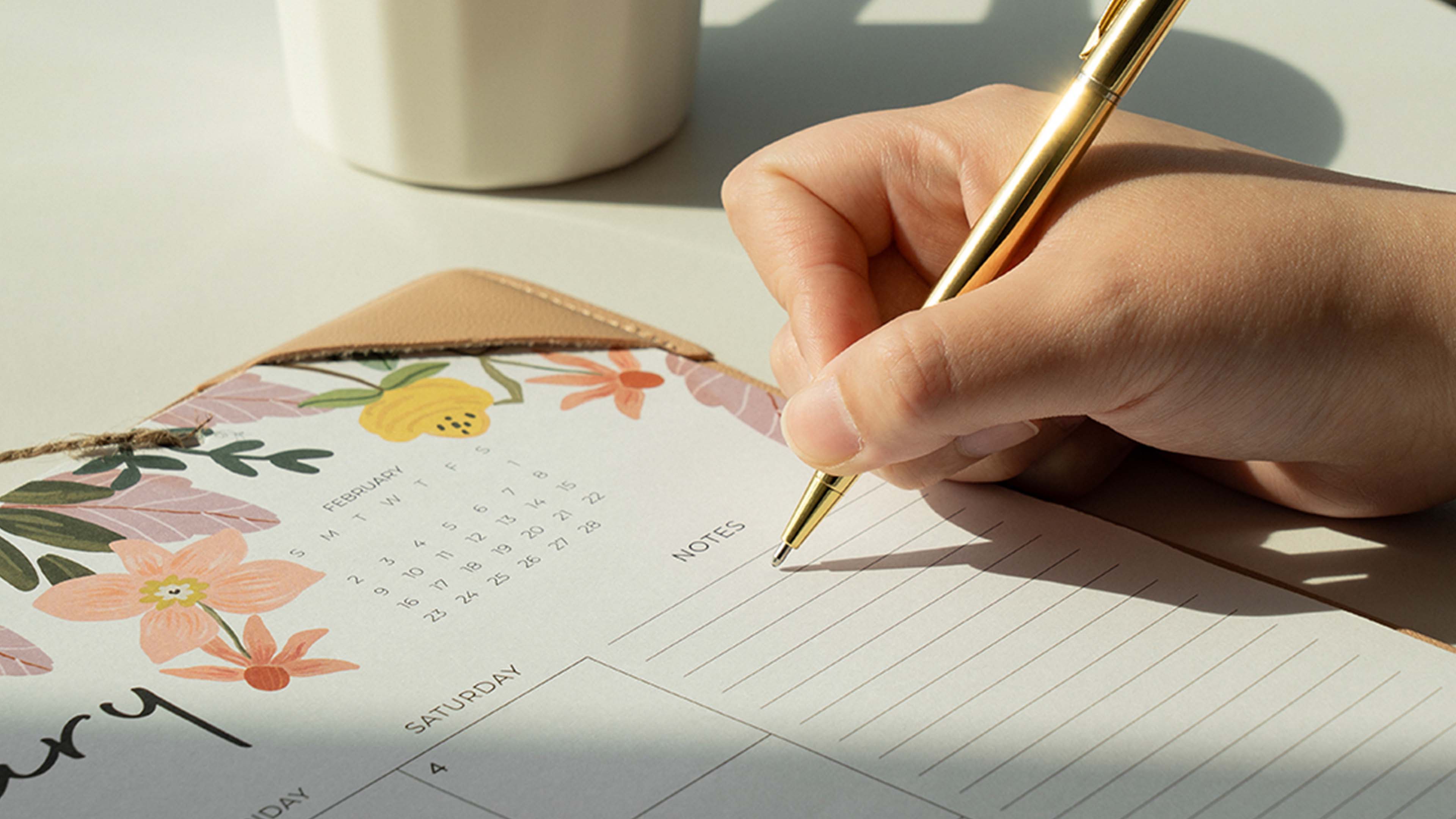
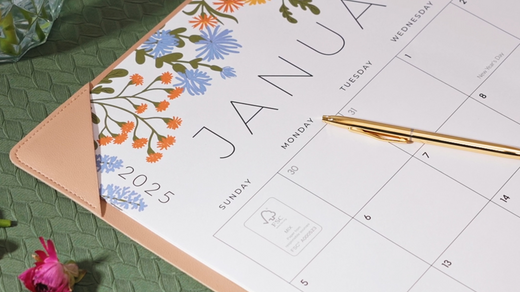
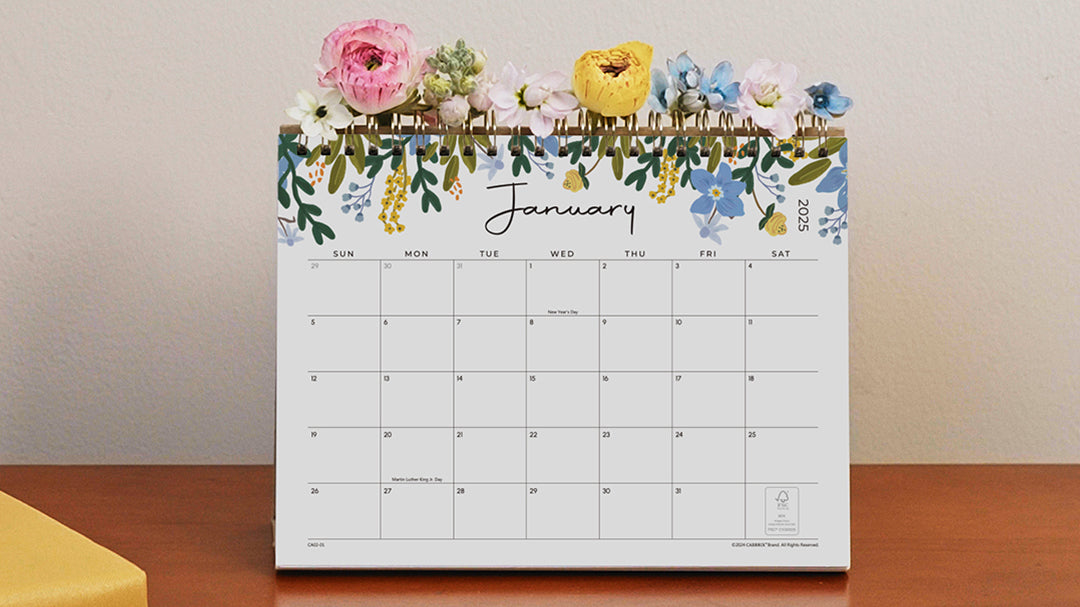






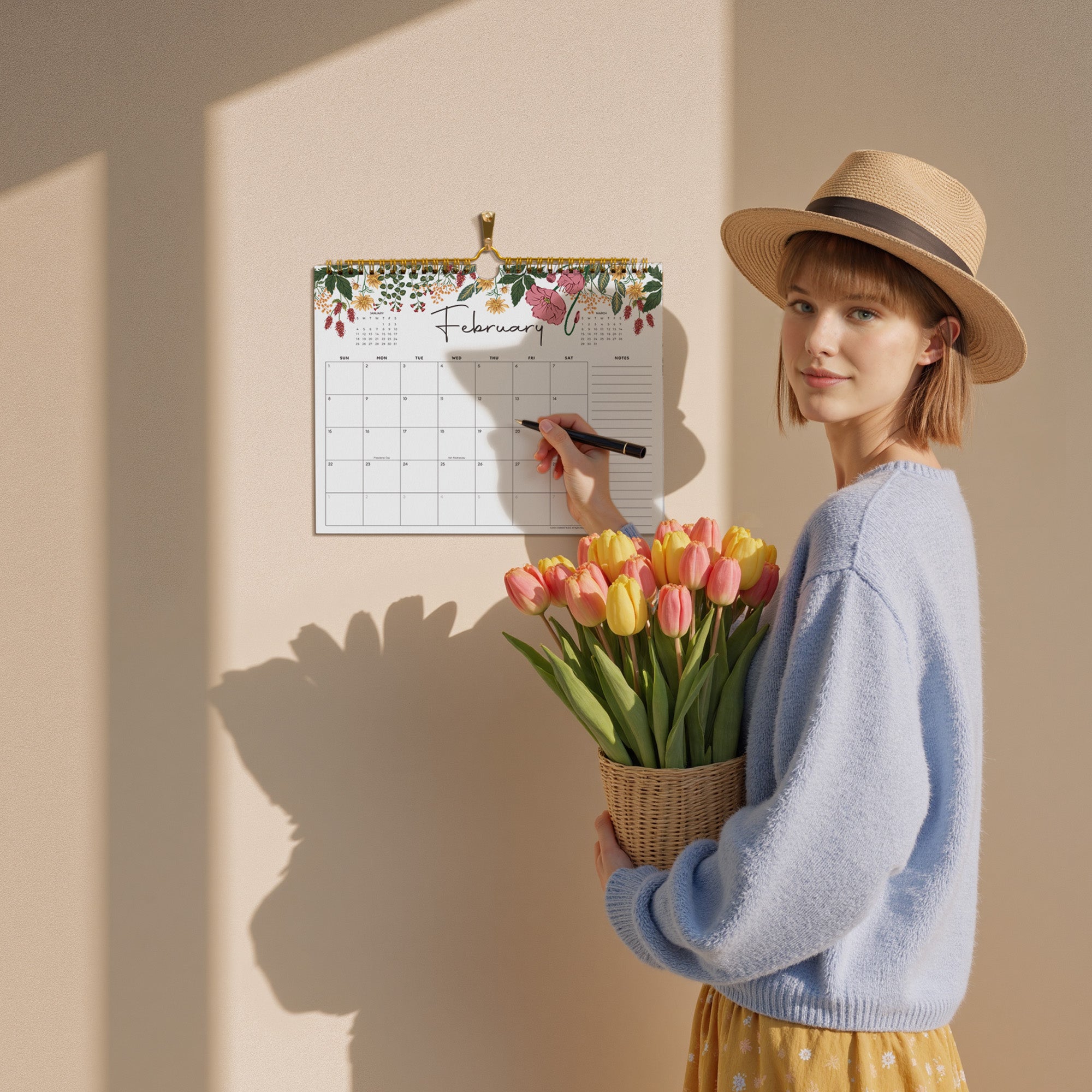




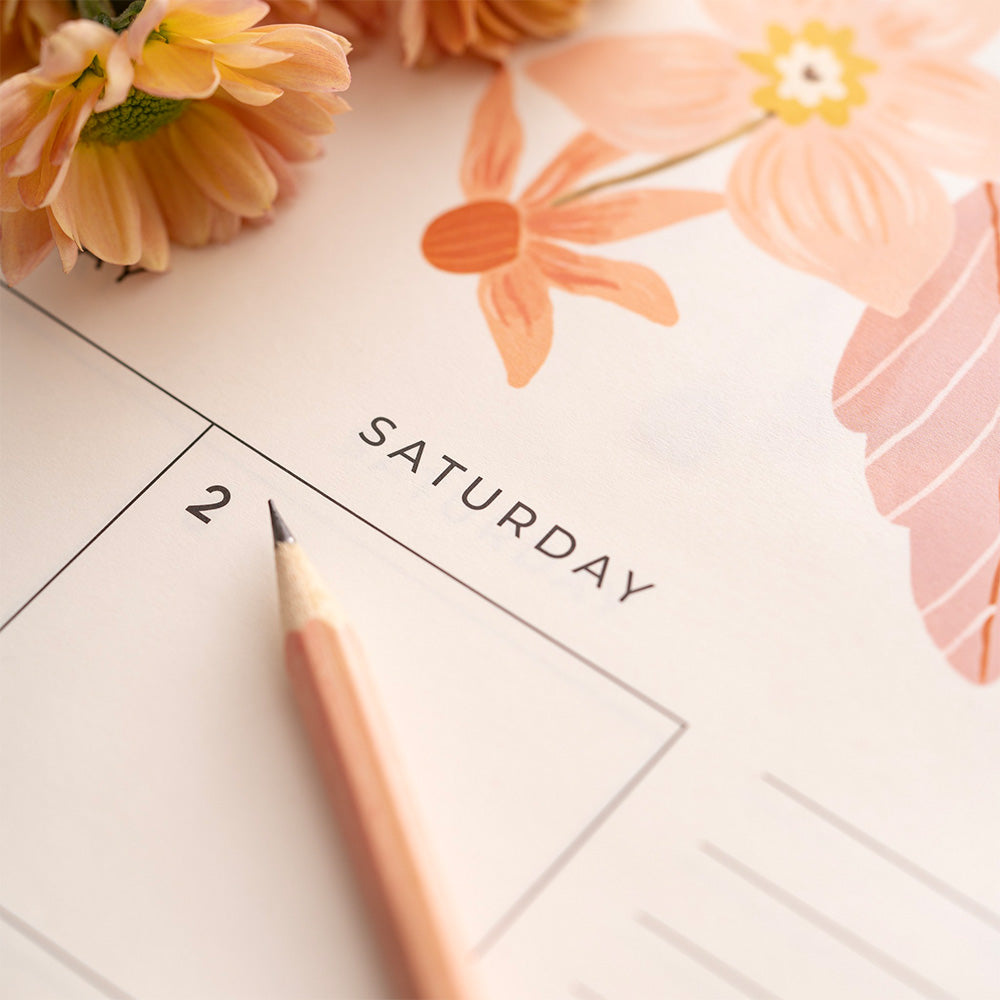
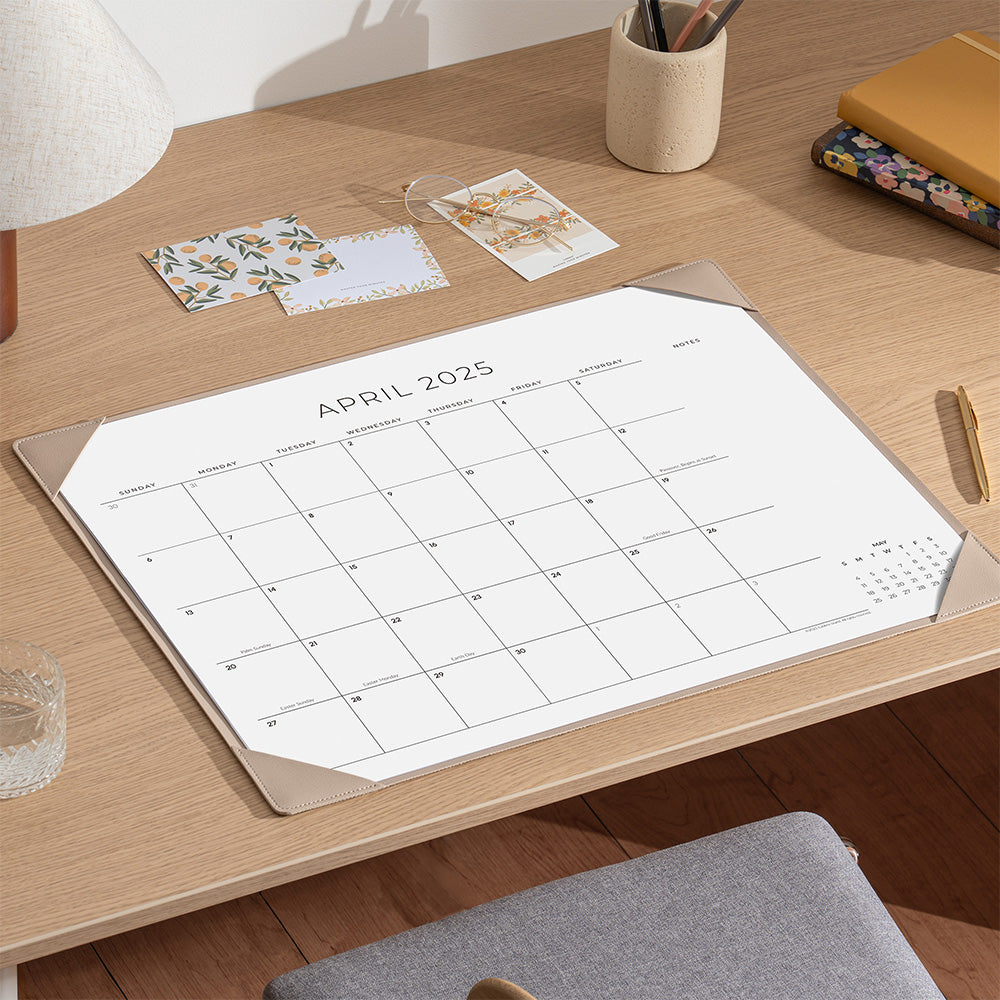
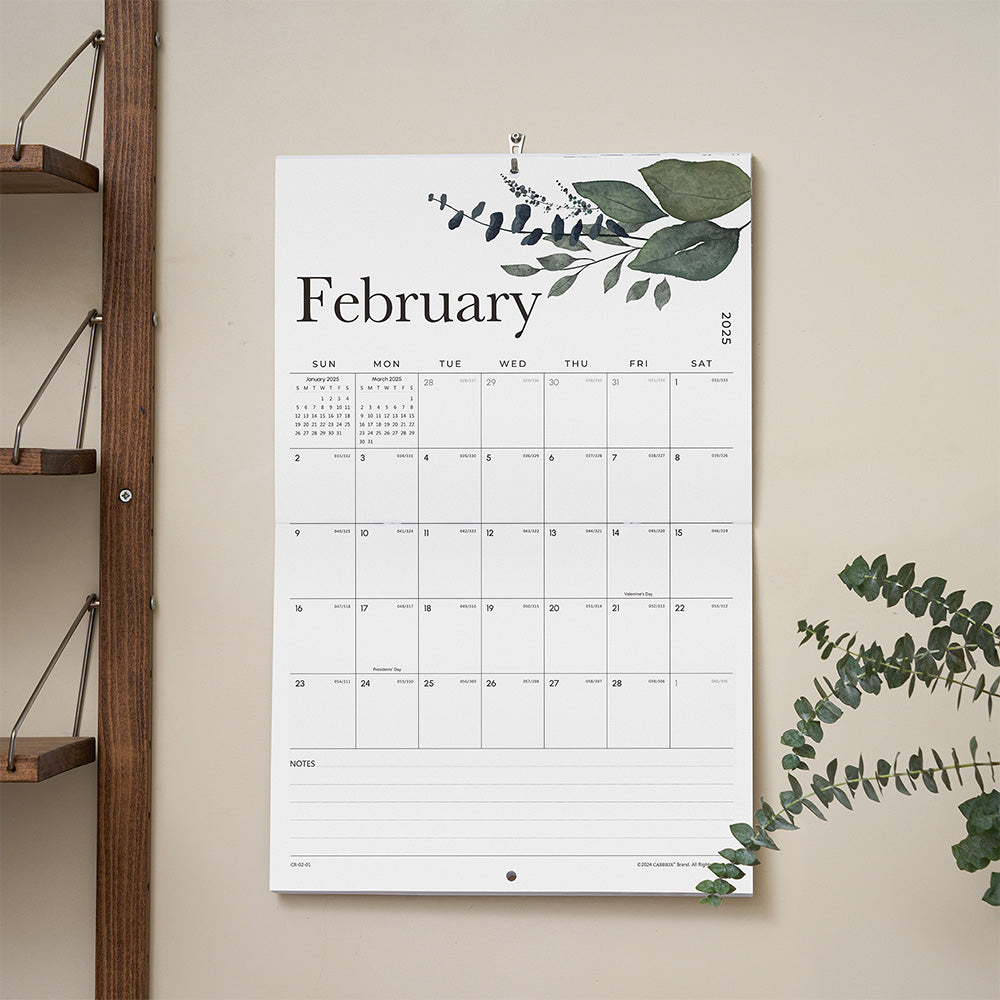
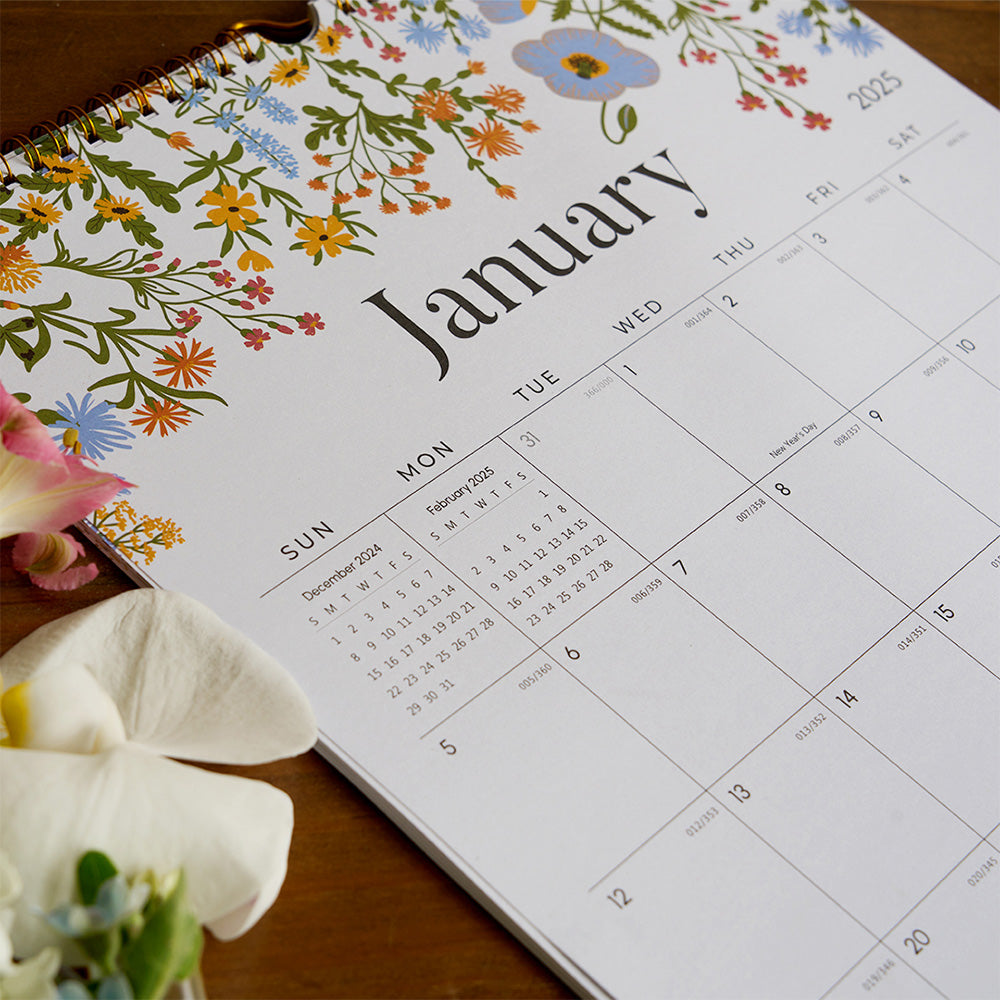
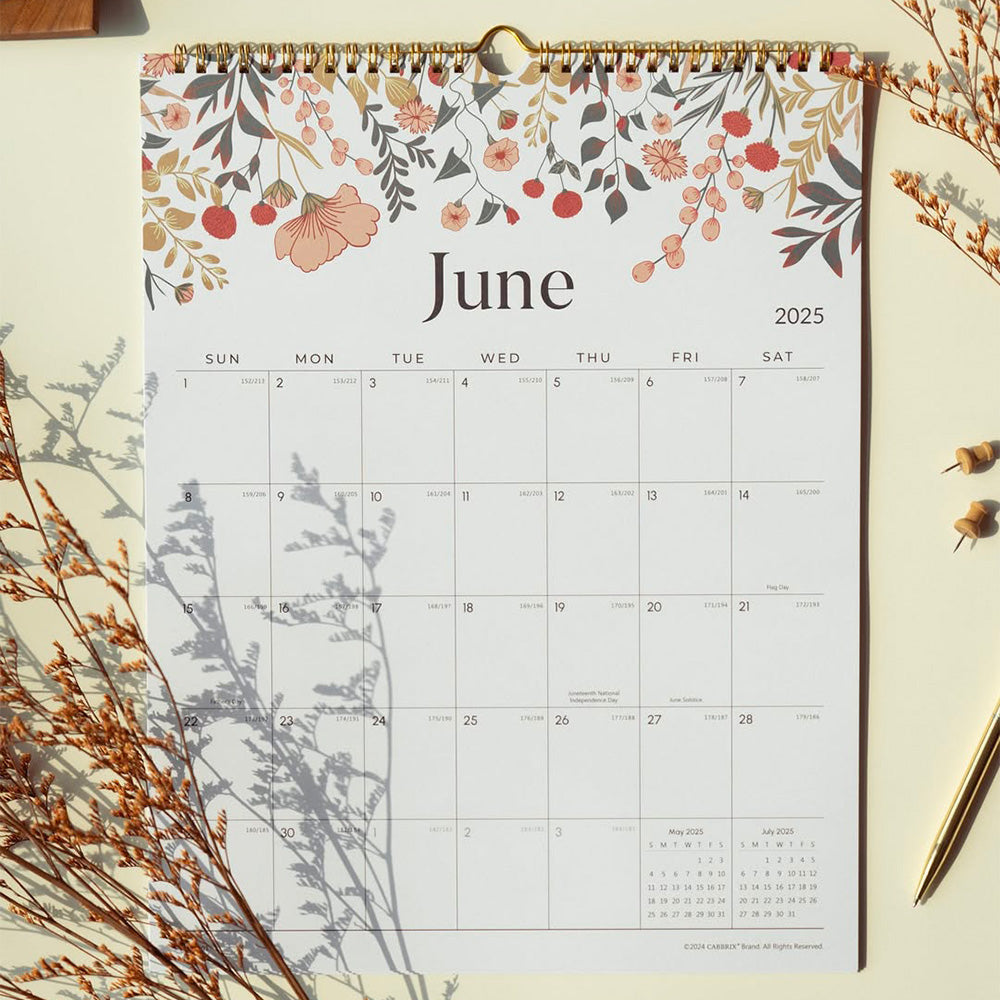
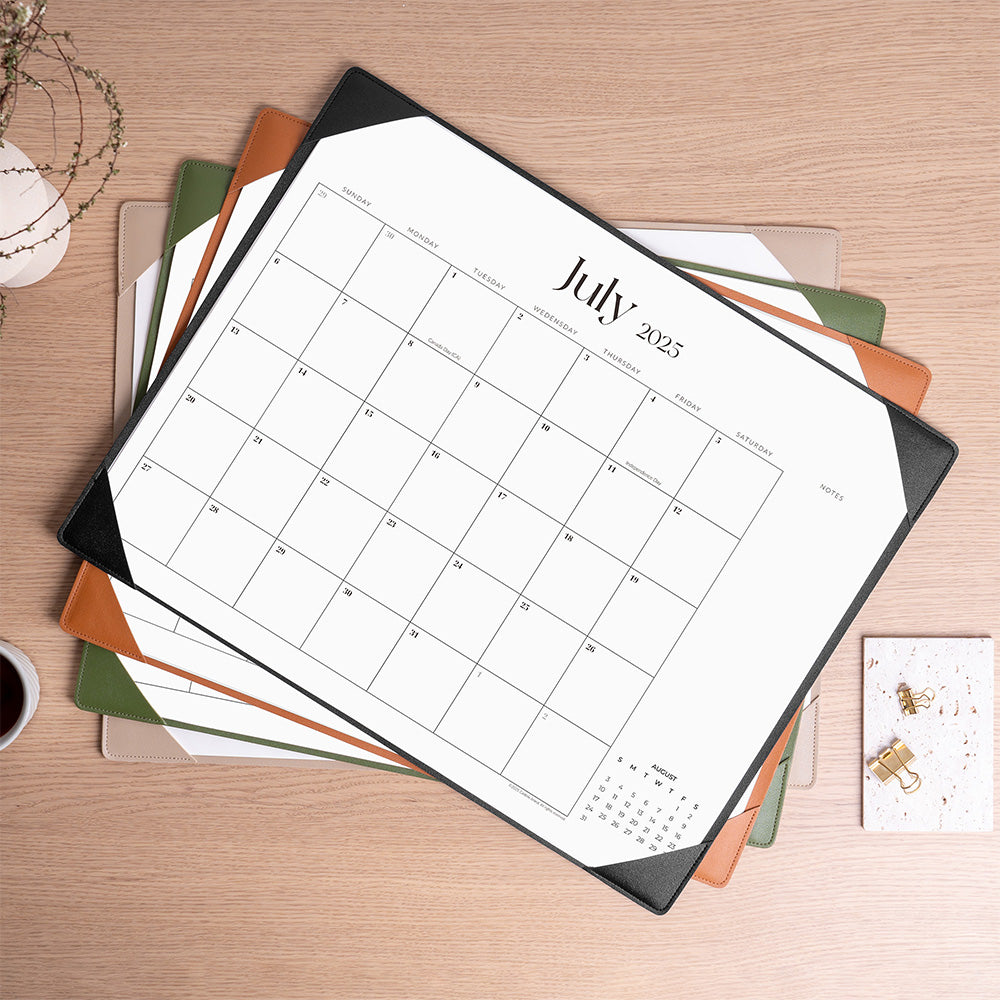


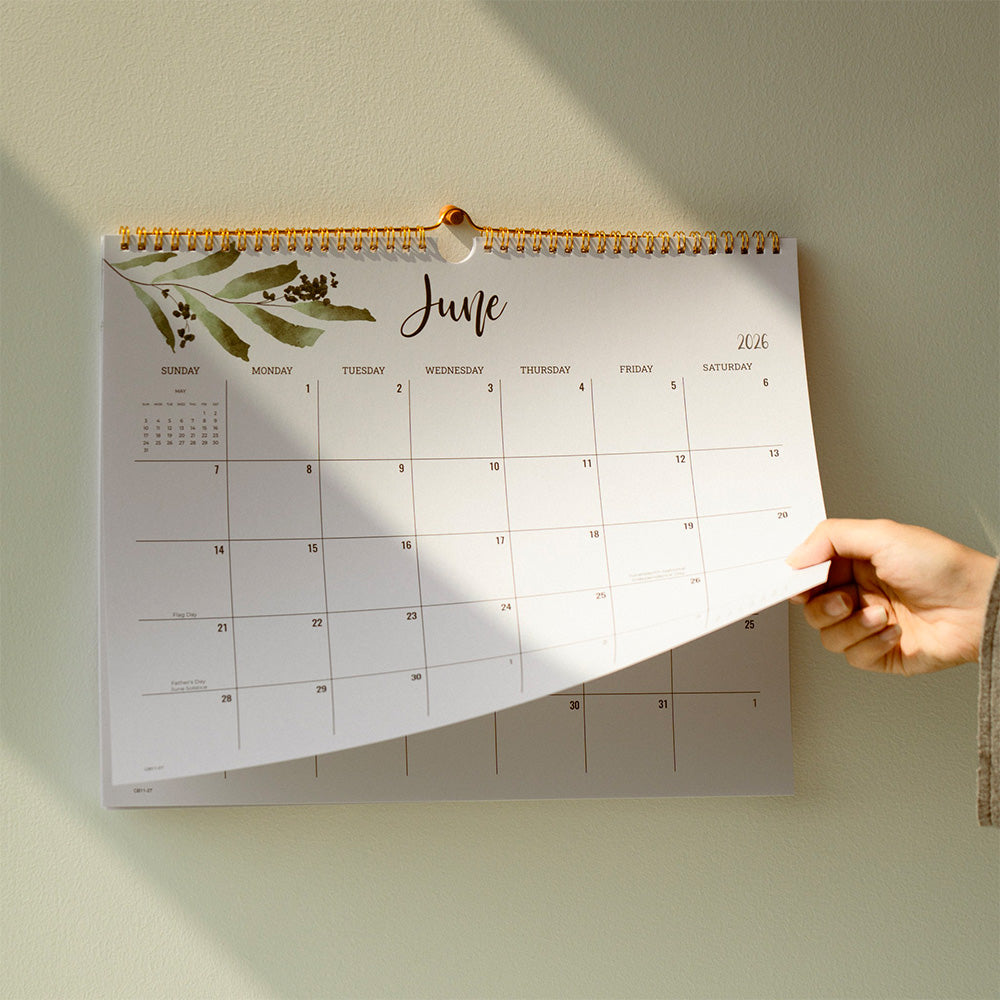

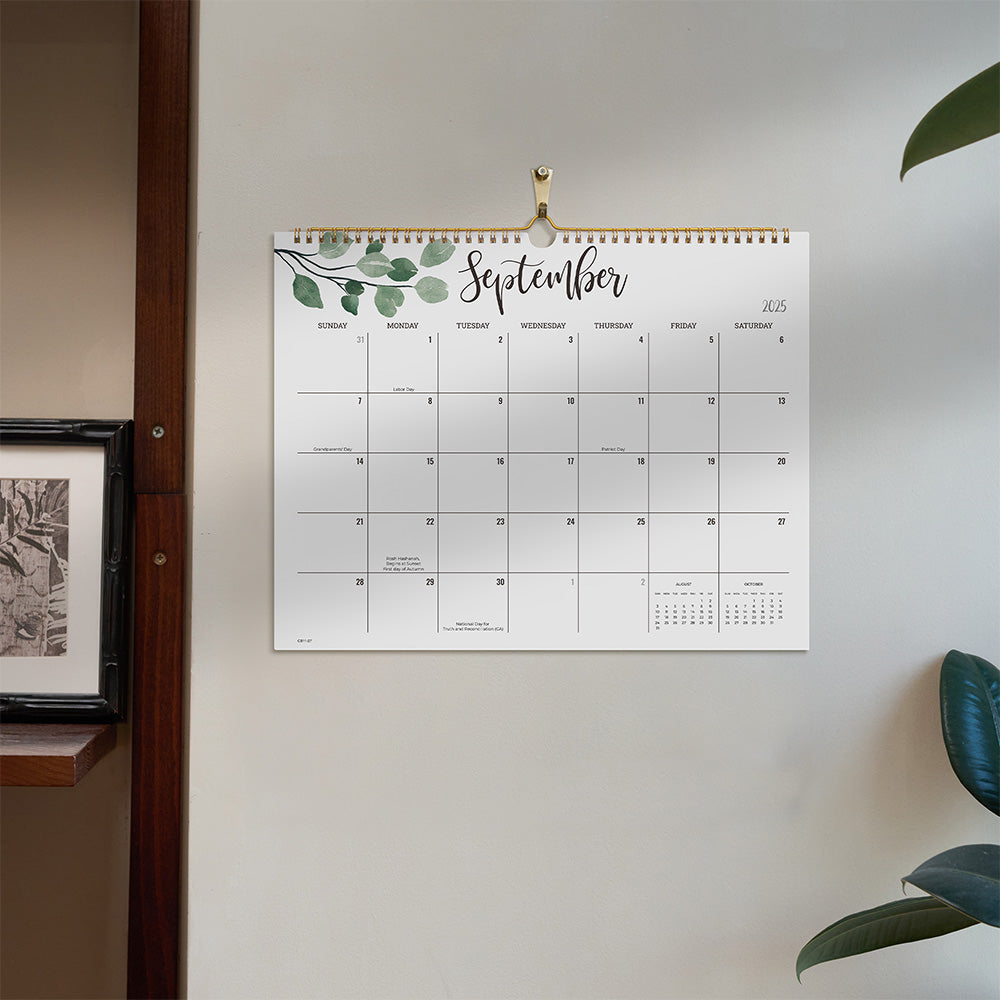
Leave a comment
This site is protected by hCaptcha and the hCaptcha Privacy Policy and Terms of Service apply.